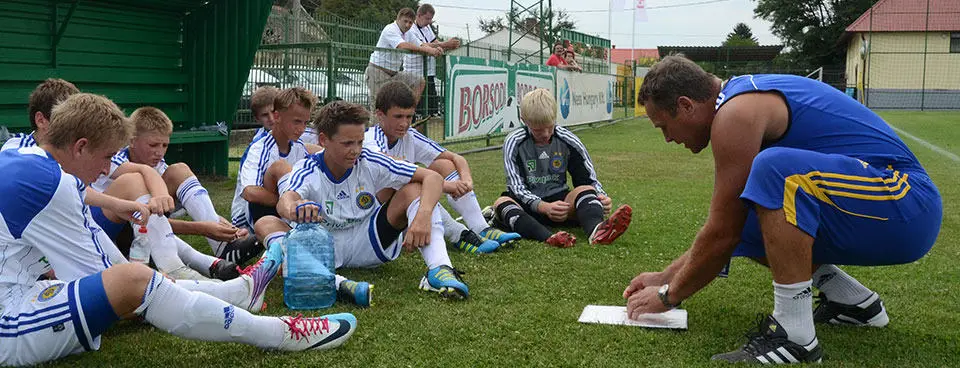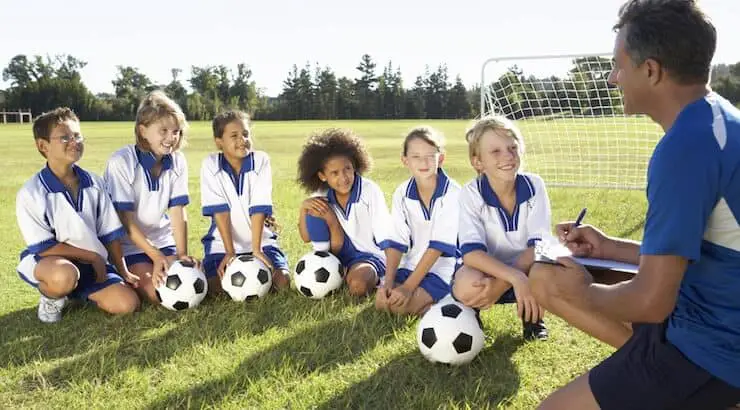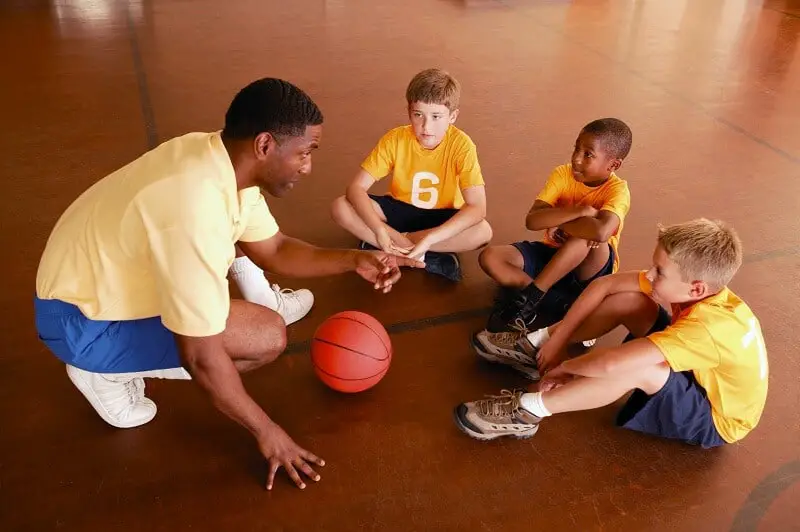Table of Contents

Positive Coaching Alliance is an organization committed to providing life lessons through youth sports. The high-pressure environment of today’s youth sports can be very stressful for athletes and many need some helpful tips for coping with pressure.
Many youth athletes report experiencing low self-esteem, anxiety, and depression due to the demands of participating in sports. These negative thoughts and feelings can quickly escalate and be difficult to manage. Positive Coaching Alliance provides a wealth of resources and information on how parents, coaches, and sports administrators can provide a positive and safe haven for youth athletes. The organization reaches over 8.6 million youth and the mission and values are championed by star professional athletes like Brandi Chastain and Doc Rivers. Below are some of the most valuable recommendations for building a positive culture in youth sports.
*This post may contain affiliate links. As an Amazon Associate we earn from qualifying purchases.
6 Recommendations
1. Focus on Effort

2. Fill Emotional Tanks
Leaders in the Positive Coaching Alliance recommend that parents and coaches should offer five praises for every one critique. This ensures that the ratio leans heavily in the direction of positive. The organization also warns that any praises must be direct and truthful as children can recognize insincere compliments. Regardless, engaging in positive dialogue and offering regular praise can have a tremendous impact on the self esteem and confidence of youth athletes.
3. Model Good Behavior

4. Engage in Open Dialogue
Learning how to communicate in an honest and open way is an extremely important lesson. Children who continually feel that the conversation is dominated by an adult will never learn how to speak up or express emotion. As a result, it can lead to frustration, anxiety and unhappiness. Positive Coaching Alliance recommends that parents ask open-ended questions after each game or match. This ensures the child is able to offer their own perspective on the day. For example regardless of the outcome ask children such questions as: How was the game for you or what are your thoughts about today? Both of these are open-ended questions and the child can lead the way in terms of what gets discussed.
This step not only builds the level of trust between parent/coach and player, but it also teaches analytical and communication skills. Athletes will learn a valuable lesson in self-reflection and will be able to make adjustments in other aspects of their lives. This is something that will be important in college, work, and all interpersonal relationships.

5. Develop Routines
Game time routines are important for both youth and adults. Routine keeps people busy and focused and has huge psychological benefits. Routines prior to a game help youth know what to expect and what to do when they arrive to a game or practice. This can help children relax since routines are predictable. Encouraging children to develop these habits at an early age will impact them in the future. Some research indicates that having pre-performance routines has a positive relationship with overall performance. Obviously, parents and coaches will want to ensure their athlete’s game time routine is healthy and appropriate, but encouraging the development of this habit is a valuable life-long lesson.
6. Surround Yourself with Good People
One way to build positive relationships and a positive culture is by having a “culture keeper”. The culture keeper is responsible for influencing others and maintaining a positive youth sports environment. The culture keeper recruits allies and takes a stand against negative behaviors and words. Overall, it is extremely important for youth (and adults) to choose friends who help provide a supportive and positive environment. In the end, the aim is to build positive cultures for youth so sports can remain a place for fun and a healthy means to build self confidence.
